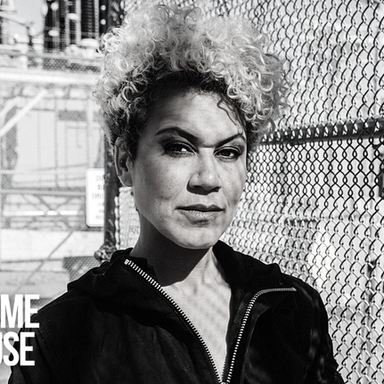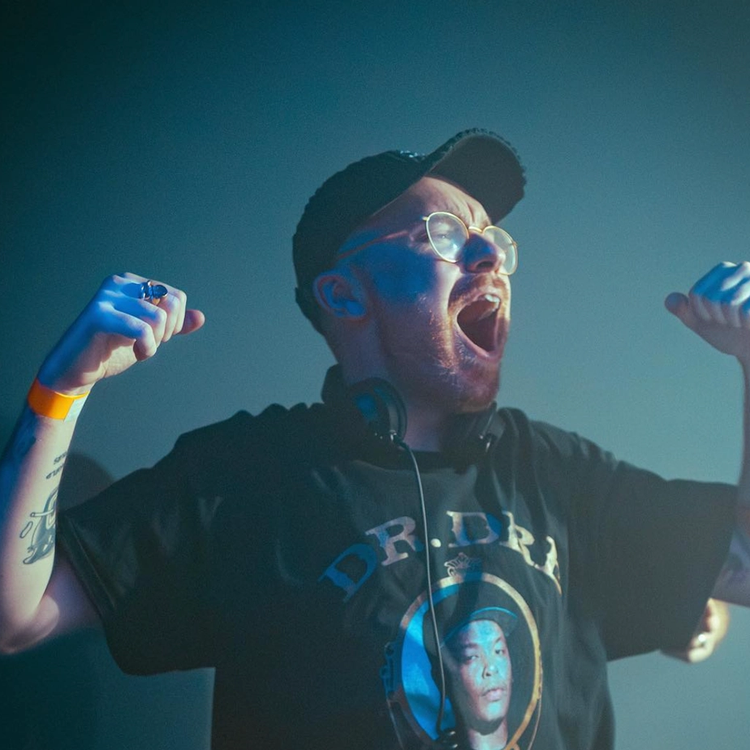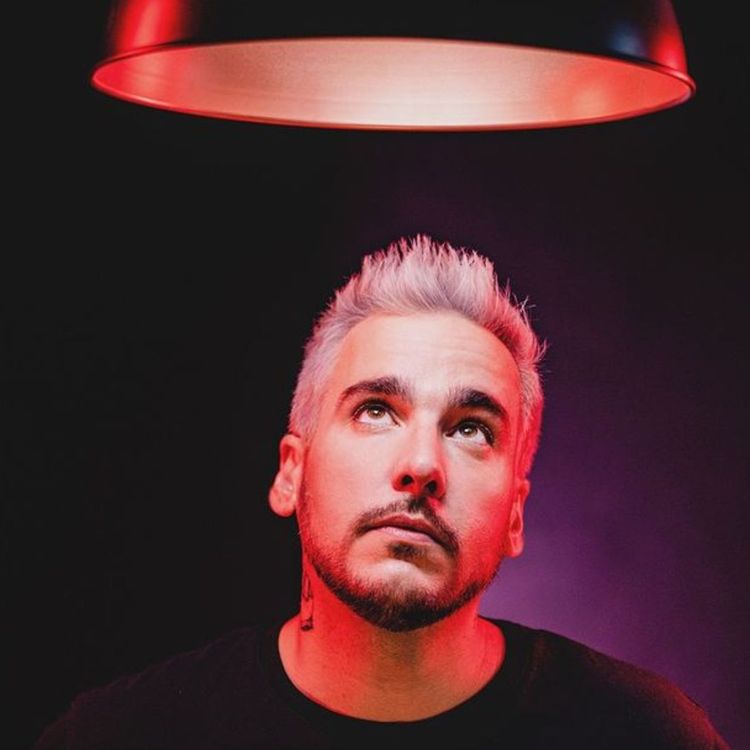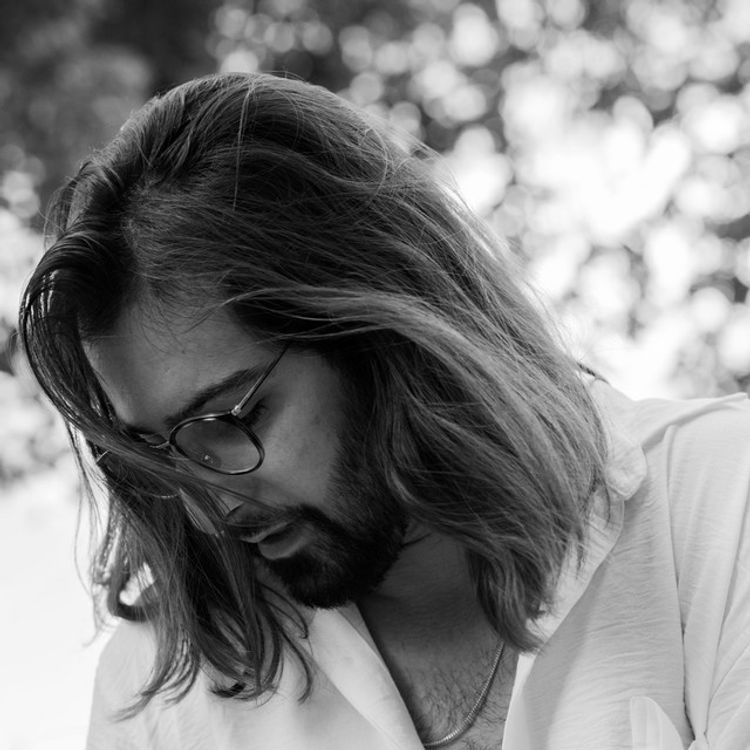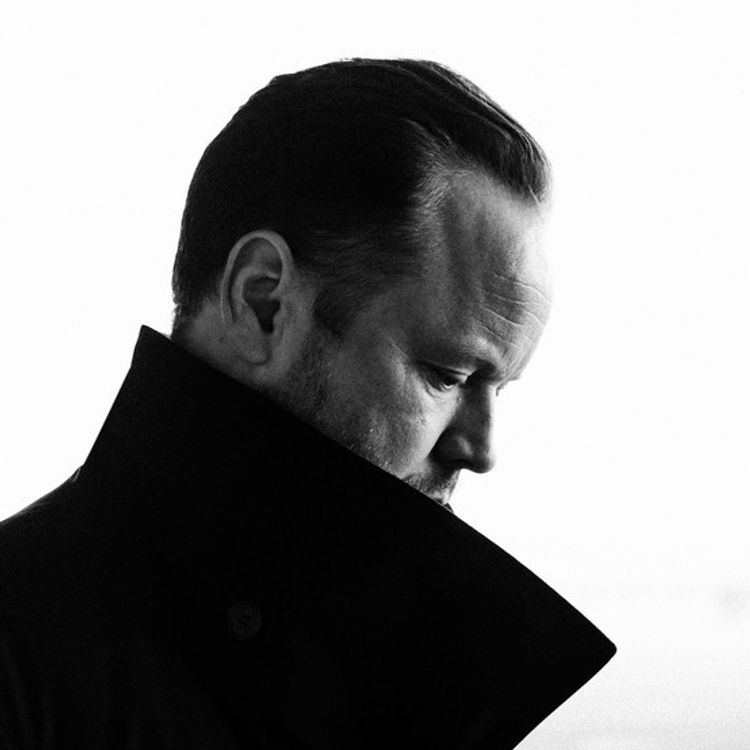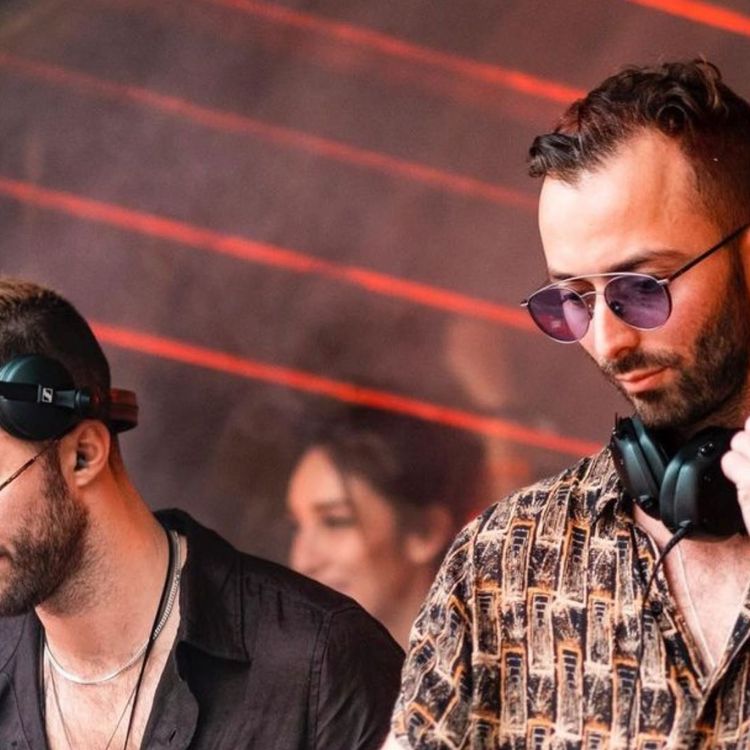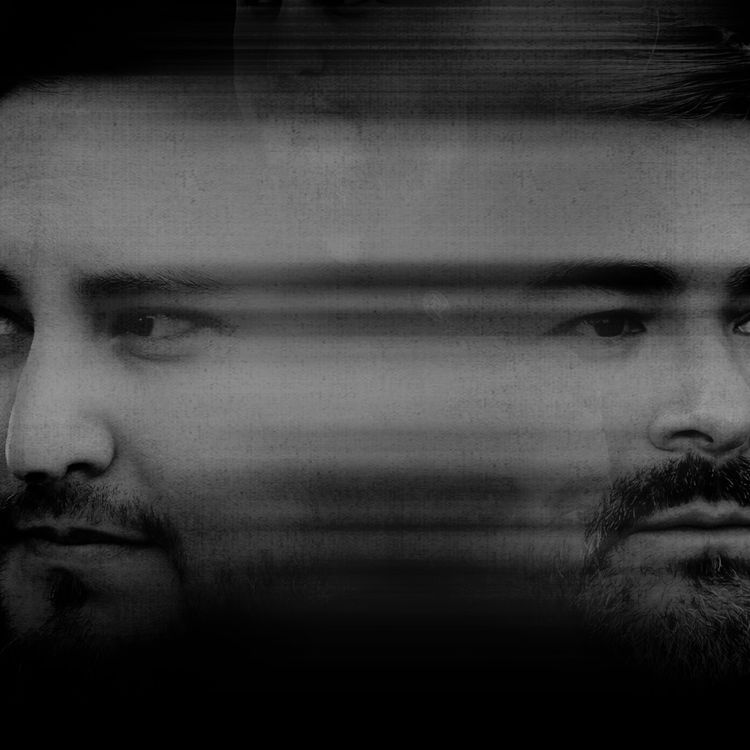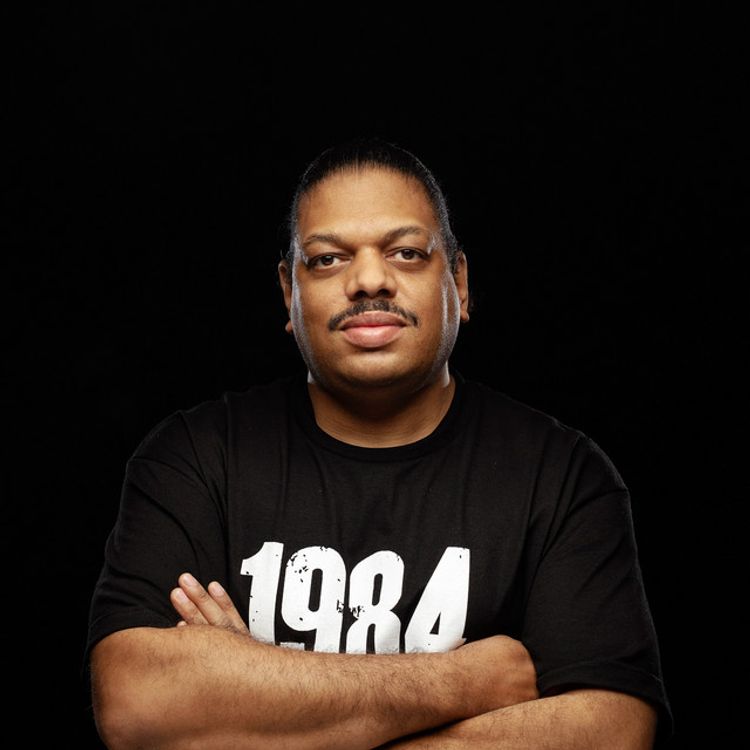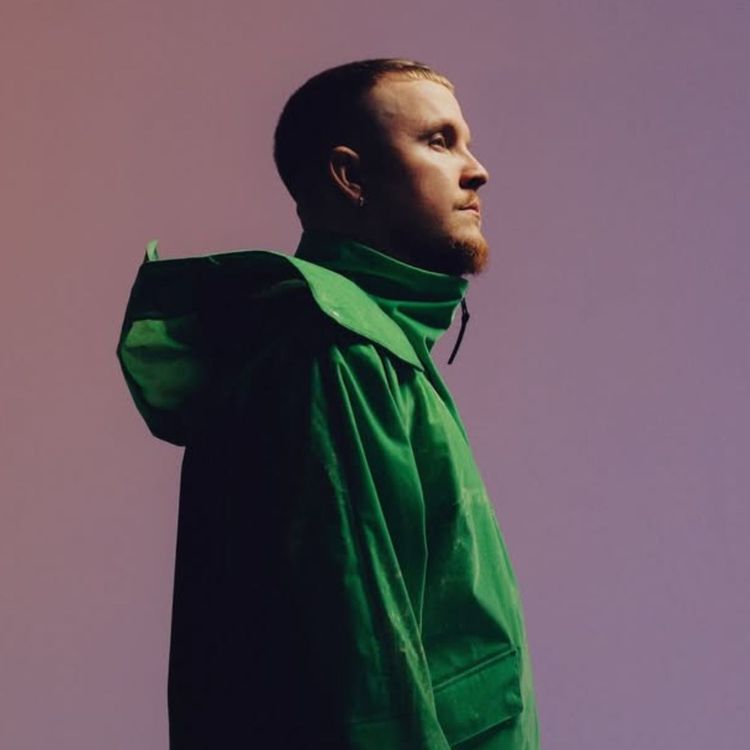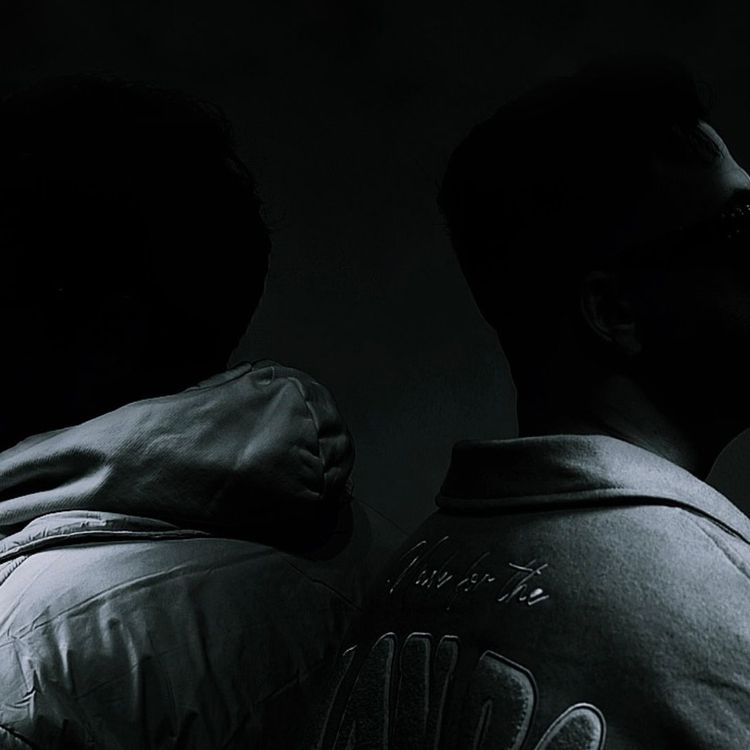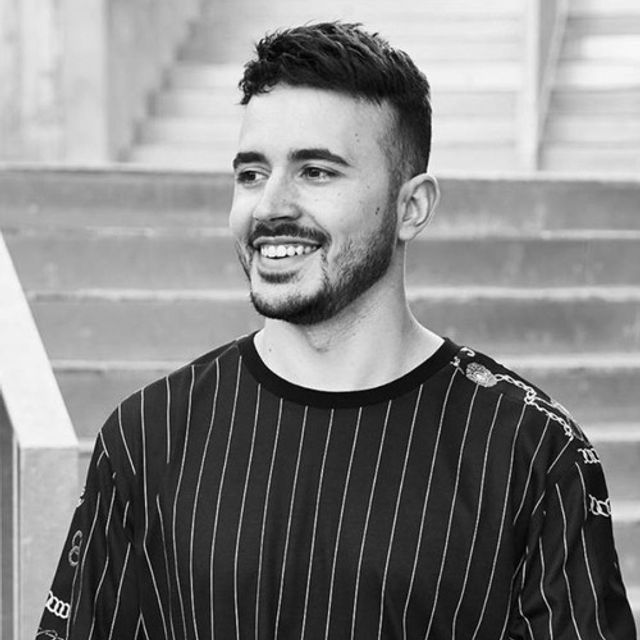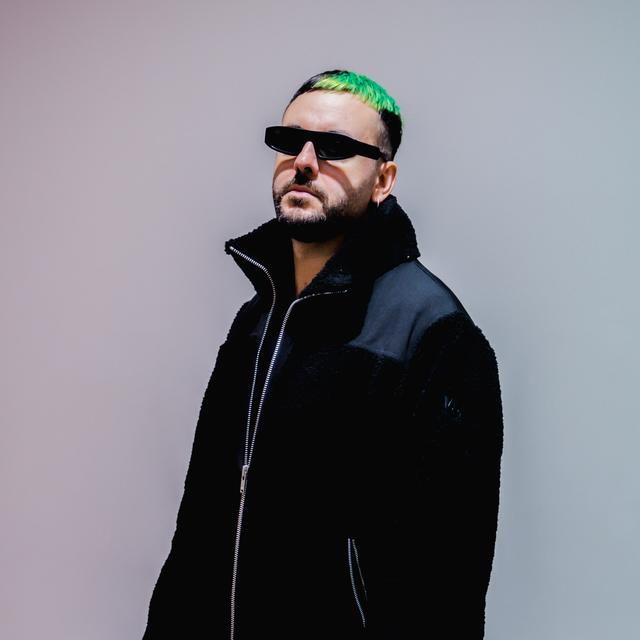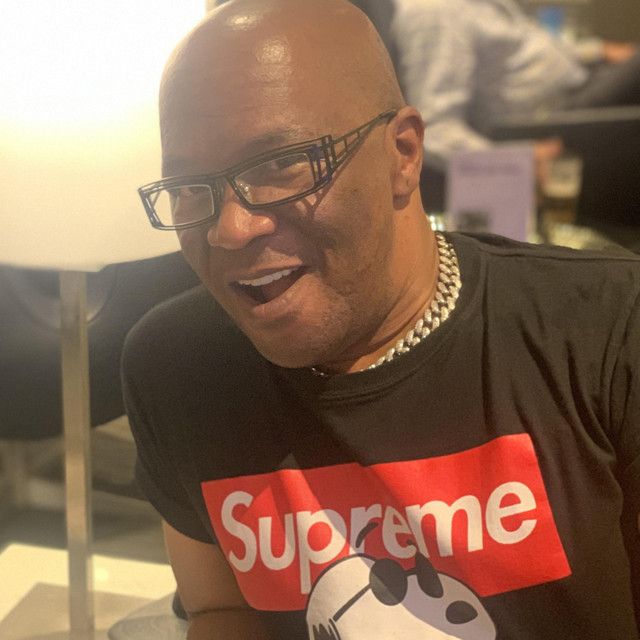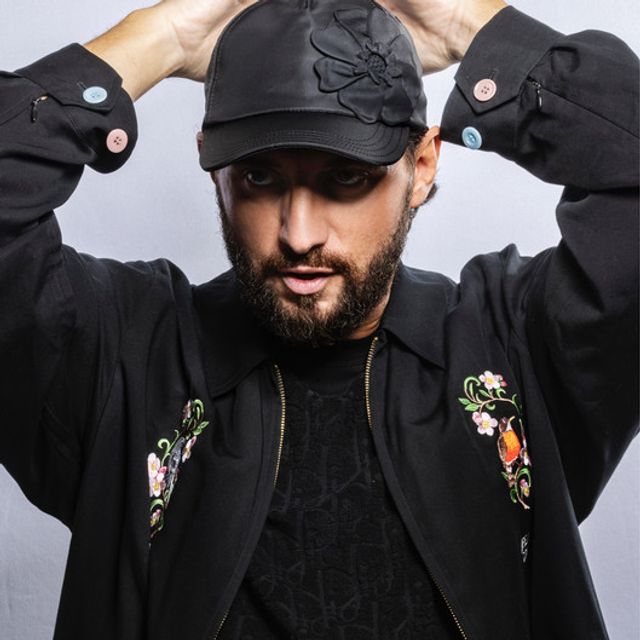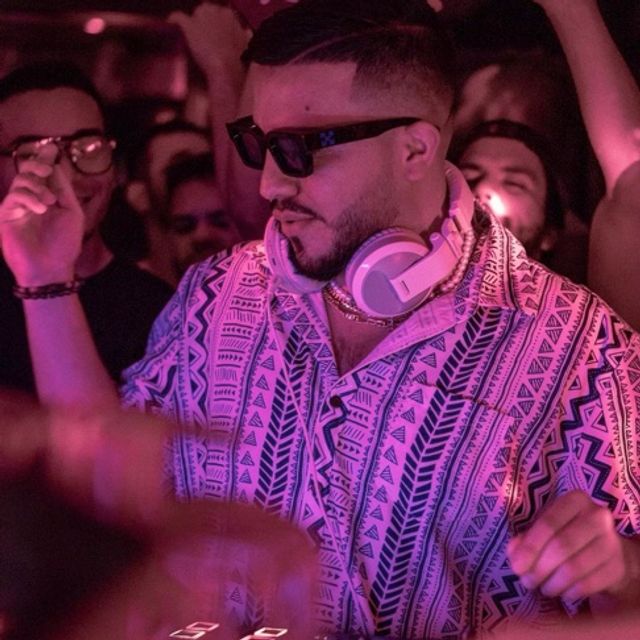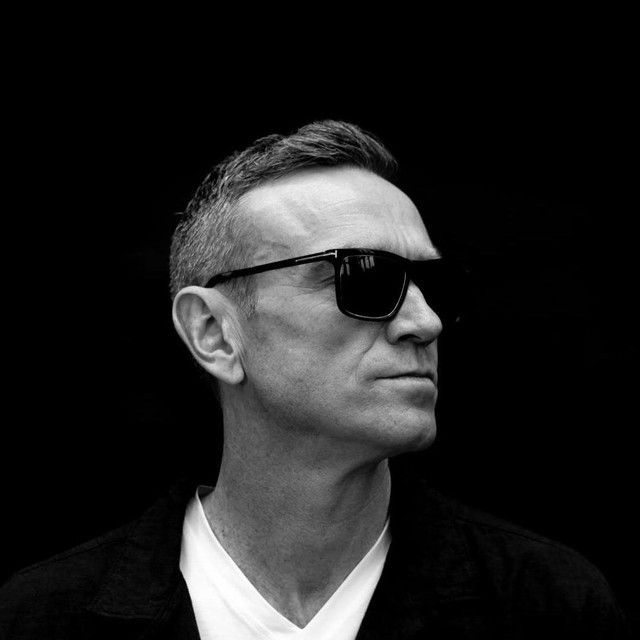Artist Spotlight
This edition of Gray Area Spotlight is presented In partnership with Femme House. They foster more equitable opportunities for women and gender-expansive individuals in the technical and behind-the-scenes areas of music. Femme House is creating the future producers, mixers, engineers, DJs, artists, and executives of the industry by providing education and scholarships, cultivating community, propagating visual representation, and offering professional development opportunities.
Change is the only constant. The wheel of life spins uninterrupted like the drive belt on a turntable, and everyone changes with it whether they like it or not. Throughout her decades as a DJ, producer, and label owner, Catherine Britton, who engages with dance music under the common colloquial name of Cassy, has watched the scene change, but she’s also changed herself.
Everyone involved in music has witnessed the business indelibly change due to COVID-19, and Britton was expecting change even before all the shows were canceled.
“I felt very strange. I felt like I needed a break. I had never felt like this actually,” Britton says over Zoom from her current home in Austria.
Britton took time off DJing and moved from Ibiza back to Austria with her son and mother. All in all, she embraced the shifting circumstances and made the best of them.
“The world is never going to be the same,” Britton says. “My life is going to change forever. Whatever I’ve done so far was okay, and something new has to happen now.”
Britton grew up in Vienna, Austria where the history of classical music is so deep and foundational it permeates the city’s infrastructure. She went to the opera at a young age, and she has an attachment to the works of the Romantic period, specifically Tchaikovsky’s ballets Swan Lake and The Sleeping Beauty.
“Listening to music from a ballet like Tchaikovsky’s teaches you how fulfilling music is because classical music is extremely enlightening,” Britton says. “I think it gives you the door to know how to enjoy music or why you enjoy it or what it means to you.”
As a youth, Britton used every listening device at her disposal. She bought records, then tapes, then a radio, she recorded music from the radio and her vinyl onto tapes. She dug through the crates of Tower Records every weekend to buy music.
The passion and love of music was certainly there, but Britton would not make the change towards DJing for a bit longer.
Britton initially trained to be an actress. She attended drama school in London, where she also studied classical singing (a talent she would exquisitely apply to her productions in the future).
Going to music school after drama school was her “official plan,” but that plan changed after she moved back to Vienna, and she started going out more regularly. Smaller DJs she knew before were now famous, and it was in this phase she met the revered techno DJ, Electric Indigo, who twisted Britton’s arm to become a DJ herself.
“She said to me, ‘You’re always at the parties. You’re always staring at the records. You’re really interested in the music. You like standing in the DJ booth and watching,” Britton says.
Become a Gray Area member for access to exclusive perks!
More than the arm-twisting from madly impressive artists like Electric Indigo and Miss Kittin, Britton herself became enthralled by their character and lifestyle.
“I just thought they were very interesting young women that were out there with their personalities. Definitely completely different to the drama students I hung out with,” Britton says. “This is their passion. They’re making money with this, they’re actually paying rent with DJing, and they get to tour the world. This is an alternate lifestyle that I really enjoy.”
Once Britton decided to make that change for herself, it was life-altering. She landed residencies in London, Ibiza, but most notably in Berlin at Panorama Bar when the club opened in 2004.
Upon mentioning Panorama bar, Britton’s face lights up as all the memories come rushing back. She goes deep into the history of the club. The Friday label nights. Saturdays and Sundays for residents. The hedonism. The individuality. The freedom.
Most of all, Britton recounts her growth as a DJ in the now legendary institution of dance music culture, where she would play for five hours multiple times per month.
“Playing in the same place a lot makes you have a very distinct relationship with the floor. You get to know it really well. You get to know the soundsystem really well. You start to develop a sense of how a type of record sounds. You get the sense of what the soundsystem sounds like with 100 people,” Britton says.
“What does it sound like at the beginning of the night? What does it sound like after hundreds of people were sweating? You really start to develop this extreme sense for how everything you do has an effect and how it has an effect, and that was fucking amazing.”
After her experience at Panorama Bar, Britton knew she was on the right path as a DJ, and the natural change that came next was production. In the early 2000’s she was putting out EPs and remixes on labels like 3rd Floor Records, Ostgut Ton, and Uzuri Recordings. The culmination of her evolution as a producer came in 2016 when she released her debut album, Donna.
This complete body of work encompassed all of Britton’s musical talents. Her ever-advancing production skills, her years of vocal training, and a type of diversity in sound that only comes from years as a globe-trotting professional DJ.
“It was a personal artistic expression,” Britton says. “I wanted to do something that is not just house and techno that is really more like an artist album where you can see what music inspired me.”
Beyond the music that inspired her, another massive influence on the sound of Donna was Britton’s son. Throughout much of the writing and production process for the album, she was pregnant, and her son was born around the time she finished.
“Feel,” (her most heavily supported track o Spotify) was inspired fully by her son, and Britton says overall transitioning into becoming a mother brought a sense of femininity to Donna.
“This is also why I called it Donna,” Britton says. “‘Donna’ means ‘woman’ in Italian and ‘Donna’ in German but written differently means ‘thunder,’ and the album is not thunder, but having a baby is a thunder in your life.”
Having a son was one of the most significant changes in Britton’s life. Yet, she embraced it, adapted, and continued her work as an artist. She maintains that being a DJ mother is her proudest accomplishment.
With the pandemic, Britton gave her focus to being a mother, and now with the pandemic easing around the world, Britton is ready to transition back into that balance and give it her all.
“It’s our responsibility as veterans—if you want to call us veterans —to set a certain tone and to not give up,” Britton says. “Even if 2022 is going to be rough, and even if it’s going to be a challenge again, we’re going to really go for it and make it what we say we can make it.”
